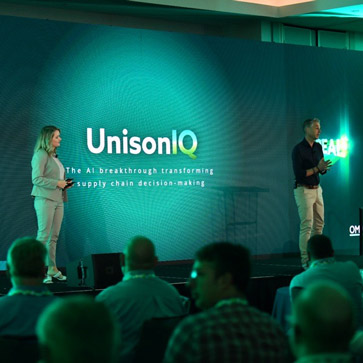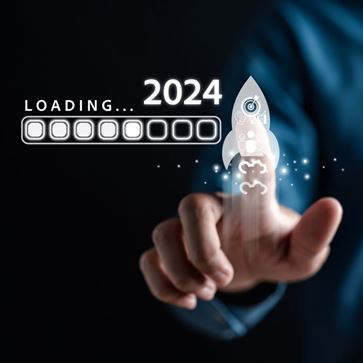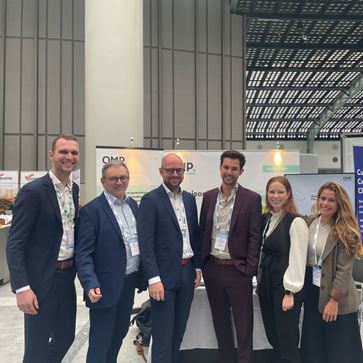
Why soft skills are increasingly vital to digital transformation projects
Ana Munoz - November 10, 2022

Blog post
And it continues today now that the hybrid mode has become the norm. In the past, traveling to a meeting location would somehow allow us to prepare our minds for what was coming. Today’s way of working adds to the unpredictability. Travel or not? Stay at home or not? Two days a week at the workplace or three?

Blog post
Project teams under increasing strain
This adds strain to digital transformation projects, which by their nature are already mentally and physically exhausting. The idea that we need to interact with hundreds of different individuals in the course of a multi-year, multi-tier program is, in itself, overwhelming. Let alone if many of our interactions happen online, giving us less time to interact and socialize with people, many of whom we never met before.
On top of this, project teams are increasingly diverse, multicultural, and multigenerational. Our exposure to large numbers of people with different backgrounds, language, and culture can make us more uncertain. Misinterpretations, communication gaps, and frustrations tend to build up faster and more frequently.
Soft skills can make or break project success
Blog post

How can we better prepare ourselves and our teams for this new way of working to ensure success? I believe this should be managed upfront. Managers staffing teams involved in large-scale transformation projects need to look closely into both technical and soft skills, with soft skills taking a more critical role in talent selection.
Because people with more developed soft skills are better able to adapt to the new environment. They find innovative ways to elicit information and get conclusive answers. They can get a better read on colleagues and counterparts on their computer screen, decide whether travel is necessary to get a task done, and improvise while communicating with respect, humor, openness, and kindness.
Blog post
Carefully consider the soft skillset when staffing project teams
The new reality of digital transformation projects is here to stay. The way we all work together and adapt to unpredictable circumstances will greatly affect our strength and our ability to act in a sense of unity. Nourishing and valorizing well-developed soft skills should be a core value in any organization involved in complex digital transformation projects. It’s essential to carefully consider a candidate’s soft skillset when staffing project teams. Because soft skills are increasingly vital to digital transformation journeys.
Want to know more about the importance of soft skills in digital transformation projects?

Ana Munoz
Delivery Alliance Manager
Biography
After more than 25 years of leading multi-tier process and technology implementation projects around the globe, Ana leverages her multicultural background and experience in project management to support the delivery and scaling of OMP’s alliance network.





